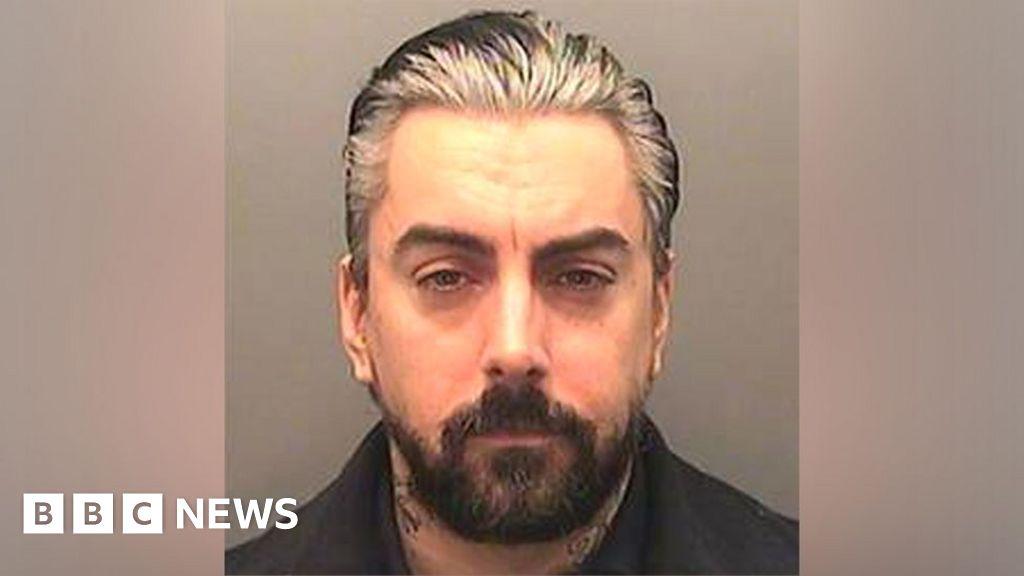Federal prosecutors allege two MIT-educated brothers pulled off a cryptocurrency heist in a matter of seconds, stealing $25 million in a “first-of-its-kind” fraud scheme.
The brothers’ defense? There was no fraud at all. All they did was outsmart some “predatory” automated trading bots. In the dog-eat-dog Wild West of crypto trading, it was fair game, not fraud.
That’s what defense attorneys for Anton Peraire-Bueno, 25, and James Peraire-Bueno, 29, are set to argue when the brothers’ criminal case heads to trial in Manhattan federal court on Tuesday.
If convicted of the conspiracy, wire fraud, and money laundering charges against them, the brothers — both highly educated in math and computer sciences — face a maximum sentence of 20 years in prison for each count.
The trial comes amid efforts by the Trump administration to bring more order to the cryptocurrency world, including through new regulations.
The prosecutors’ case
Prosecutors say the pair’s 12-second Ethereum blockchain theft in April 2023 was “meticulously planned” over at least three months, right down to their online searches for “how to wash crypto” and “top crypto lawyers.”
“Money launder statue of limitations,” prosecutors say they searched at one point, misspelling statute.
The brothers, prosecutors allege, used “bait transactions” to find three victim traders and study their trading habits.
They then “lured” the victims’ trading bots into a carefully set, fast-acting trap.
The trap was set with an irresistible bundle of crypto trades — the kind of transactions that the brothers correctly guessed the victim’s bots would leap at the chance to profit from, prosecutors say.
The brothers then sprung the trap shut. Prosecutors say they exploited a software “vulnerability” that let them quickly glimpse their prey’s private transaction information and “tamper” with the purchase in a classic bait-and-switch.
Instead of generating an anticipated windfall, the victims found that their $25 million had purchased a pile of effectively worthless, illiquid junk crypto.
Along the way, prosecutors say, the brothers hid their own identities — and the location of the heist’s ill-gotten gain — through a web of shell companies, crypto addresses, and foreign crypto exchanges.
The heist itself, prosecutors say, was executed in just 12 seconds — the brief pause between the moment a crypto trade is made and when it is officially logged on the blockchain.
“Using the specialized skills developed during their education, as well as their expertise in cryptocurrency trading” the brothers “exploited the very integrity of the Ethereum blockchain,” prosecutors said in a 19-page indictment.
The Peraire-Bueno brothers “manipulated and tampered with the process and protocols by which transactions are validated and added to the Ethereum blockchain,” the indictment alleges.
“In doing so, they fraudulently gained access to pending private transactions and used that access to alter transactions and obtain their victims’ cryptocurrency.”
The brothers’ lawyers have told prosecutors that they are not interested in even considering taking a plea, prosecutors revealed at a hearing on Thursday.
Not backing down
Instead, the defense is set to push back hard against the prosecution’s allegations, at trial, before a jury.
“There’s no central authority” governing the Ethereum blockchain, Patrick Looby, who represents the elder brother, James, told US District Court Judge Jessica G. L Clarke during oral arguments in June.
“And there’s no government regulations. Instead, economic incentives guide parties’ behavior,” Looby argued. Prosecutors, he said, are alleging conduct that the government has never sought to criminalize, he argued, including taking advantage of a software vulnerability or using a crypto transaction as “bait.”
For fraud, “there needs to be a promise to the victim,” he also argued.
“Here, there is no alleged communication at all between the Peraire-Buenos and the traders. And for that reason as well, there’s no alleged intent to defraud,” he told the judge.
The so-called victims “made very risky bets on a strategy that didn’t pay out,” he added. “But there was nothing stolen and there was no theft, as that word would normally be used.”
The alleged victims lost their cryptocurrency “through pre-programmed trades without ever interacting with the Peraire-Buenos, directly or indirectly,” the defense attorneys argued earlier this year, in a failed motion to dismiss the indictment.
“Before this indictment, no Ethereum user would have understood that thwarting a predatory attempt by ‘bots’ engaged in market manipulation could lead to criminal charges,” they wrote.
“No court has ever applied these statutes to similar transactions,” they argued. “And the Peraire-Buenos had no reason to know that their alleged conduct may be considered unlawful.”
Members of the defense team declined Business Insider’s requests for comment on the case. A spokesperson for the prosecution did not immediately respond to a request for comment.
Prospective jurors will be told on Tuesday that the trial may run into the first week of November.


